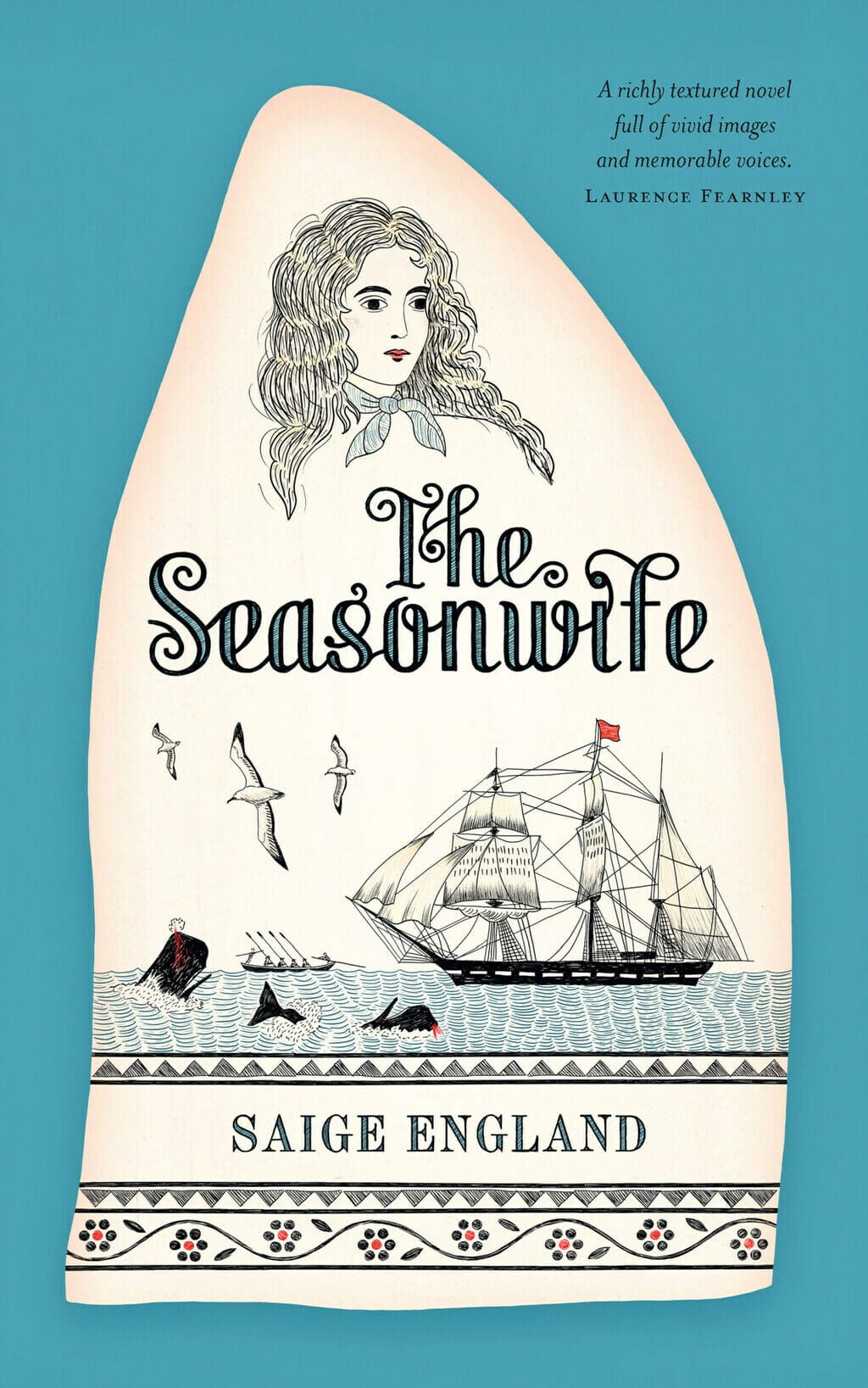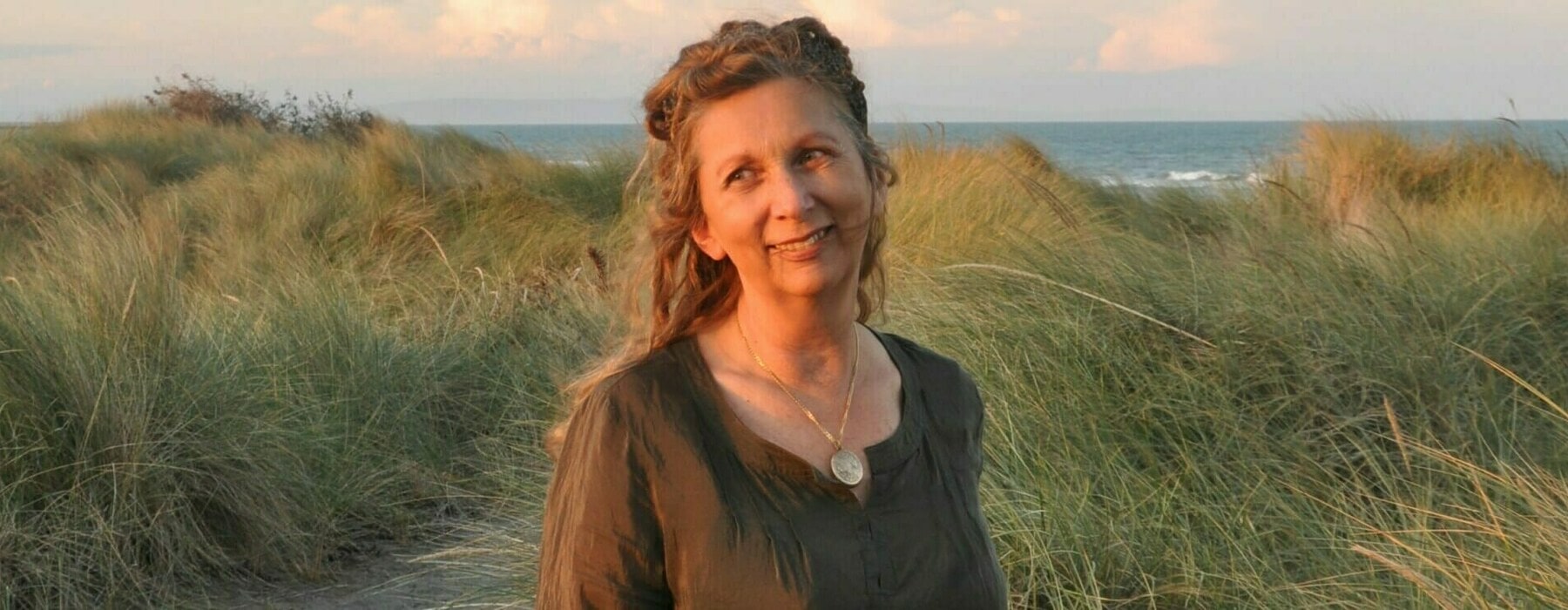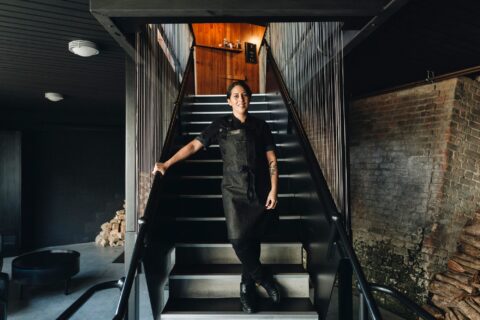I was taken aback at a bookshop recently when a fellow writer said women are ‘raving’ about my historical novel, The Seasonwife. But men are silent, he said.
“They reckon it’s feminist. Old white men are threatened,” he said.
The refrain had a familiar ring. Speaking at a Word Festival event earlier this year, Eleanor Catton reflected on how after winning the Booker Prize, she was chastised publicly. Influential men and less influential haters, didn’t criticise her writing so much as her person and personality. Some men wanted to take her down, make her feel small. Catton has recovered. Her laugh is light, her smile genuinely bright, she’s a success story, but what does this say about those men?
I didn’t seek to rattle men but I also don’t write to win the approval of men old enough to be my dead father. Historical writers are time-travellers. I wanted to venture with women caught up in dire difficulties, troubles not of their making. I wanted to know whether they would succeed if they tried to rescue themselves.
When I researched women of the past, I expected them to be different to me, but their challenges echoed, from the halls of power to the refugees fleeing war. Their world might stink of burning blubber and it took longer to light a fire, but the difference lay more in decoration and detail than substance.
The Seasonwife opens in 1832. A ‘super awful year’ a Goodreads community reviewer rightly mused. Bridie Murphy and her mother have been transported against their will, from Ireland to the penal colony of Australia. Forced into an orphanage, Bridie has served as a teacher helper, for Samuel Marsden, ‘the flogging parson’ who classed women as married or concubines.

Robbie Fitch is a dark scourge in Bridie’s life. When Bridie’s mother dies, Fitch swipes the deceased’s hair. Not only is the whaling captain shaping men to follow in his wake, he’s embroiled in the gruesome fashion of trading heads to stock curiosity cabinets of British aristocrats. But Fitch is one link in the lower part of the chain. Visible if you look high enough are the real criminals, upper class profiteers.
There is an echo between that past and this present. Still today, illicit trade follows well-worn international paths. While oil is derived not from whales but drilling the land, our dependence on it is destroying the planet. Museums and galleries and universities still retain more body parts than they return. In many parts of the United States it is perfectly legal to trade the dead. That same trade has been viral on social media.
Another unpalatable aspect of The Seasonwife is the sexual abuse committed by Fitch. As a writer this was a hard course to pursue, but it was one I could not ignore. The abuse committed by Robbie Fitch in The Seasonwife, sadly remains rife today. In the US, men at the highest level, Harvey Weinstein and Jeffrey Epstein, were convicted. Two New Zealanders in false, charming, armour were stripped of knighthoods – James Wallace preyed on young men, Ron Brierley traded in porn and travelled to Asia to ‘procure’ young flesh. Younger men, privileged ‘roast busters’ were convicted but gained name suppression in spite of prior public crime boasting. But the ring of protection around sexual abuse is under attack. Other prominent businessmen, owners of a popular Christchurch bar were sentenced to 17 years for drugging and raping women.
In the 1830s there were no convenient psychological labels to apply to men who acted cruelly. No word for narcissist. No term like peer pressure to use when friends pressured others to commit a crime. But now as then, there are still so many derogatory sexual terms that can be applied to women by men.
Historical writers of both non-fiction and fiction can experience culture shock leaving one setting for another. I sometimes needed to take a gulp of fresh air, and with apologies to Bridie, take a break from bad people committing bad deeds. But the news of today seemed like the news back then. As I wrote the novel I feared for her.
Constant in my mind was the question, how could women in the past cope when the needle on their compass pointed due mayhem?
During my research for the era I traversed old Australian newspapers and found women who used court as a stage to demand rights. They dressed for court, they recited poetry in court. Proud, loud, feisty, they demanded the freedom to have sex if they wanted, fun if they wanted, fight if needed. They walked out on lousy employers and refused to return. They stood on rocks and sang to the stars at night. Some were regretful after a hard night partying, but they craved adventure, resisted boredom.
Given the choice between moral respite in a home run by a tight-lipped woman serving stern discipline and staid morality, or the factory where they would be confined to labour, most women wisely chose the latter. Some even begged to stand outside in the stocks rather than be sentenced to prudish scolding. I found women rebels. Women who fought the system.
The courts are quieter now. Women who behave like her are thrown out and under. Women and men find it hard to leave lousy jobs. Workers find it hard to unite. I walk at night but I check the shadows, hunch my shoulders, listen for that male cough.
Bridie is here today. She is the woman who barely recollects the night of hell after her drink was spiked, she is the woman who must decide whether to take action in a job where she is molested. She is the woman who cowers in the corner when her husband is around. Of course, some women have better lives, but others suffer.
A system where life is shaped by status and finance will not protect its citizens. That was the case in 1832 and it is still the case now. Those at the bottom of the hierarchy created by the heads of the British Empire still have little agency.
In the 1830s Māori women lived differently to tauiwi or non-Māori women. In the Middle Island – now known as the South Island of New Zealand, Manaia is part of a hapū, a community. Each person has certain clear responsibilities, skills are woven and shared in a framework of support. Many non-Māori observed that, in contrast to children in their own society, children in Māori society were valued and treated with affection by women and men, protected, not beaten.
I found records of Pākehā women who experienced, as I have in my life, the manaakitanga – overwhelming love and kindness – demonstrated by Māori. Betty Guard, the wife of a whaler gave direct evidence against her husband to the governing body, the New South Wales Executive Council. Saved by a Māori woman, Betty and her children were protected by Māori men. Her carers were slaughtered and tortured by soldiers and sailors who ignored her protestations.
Another Pākehā woman who disappeared as a child, and was later found living with Māori as an adult, did not wish to return to her relations. I understand why she preferred the relaxed camaraderie of Māori to the strain of pretentious society. In significant ways Māori women held autonomy foreign to most tauiwi, non-Māori women. Māori women could hold rank, inherit land and pass that land to their children. Such women were actively engaged in communal decisions.
How might Manaia view society today? Would she stand tall, castigating the sexist system from behind a white man-made wall, or would she appear in land marches, practice rongoa, healing? I think she would be understandably angry.
Today, Bridie might check into a women’s refuge, a safe house, but she would still need to move out and forge a life for herself. Bridie and Manaia do not have the hindsight of rights lost and won. But perhaps these characters can serve as guides taking us back to consider the different society that might have emerged, if the visitors had respected their hosts.
Bridie would delight in pressing a button – a machine to perform the washing! Manaia might like the taste of butter. It is easier to light the fire today but is something lost when life moves rapidly?
What else would they see? Economically today, women are more isolated, they cannot always access the support of a village. Women still have a tough time in calling out abuse, survivors struggle to be heard, abusers still use their power and privilege to control the narrative. If a woman today stays with an abusive man she risks her safety, if she leaves she risks economic deprivation. Some women strive to keep up appearances but in living up to the social conventions around femininity, refusing to release anger at injustice, an inner voice is silenced.
I do ask myself what Bridie and Manaia would say if they could speak to us now.
When I started writing The Seasonwife I wanted to know whether the past could be traversed to find a signpost for the future. Bridie and Manaia are bright strong young women who push back. Women who will not back down existed then, and they exist now. Women still wrench the agony from their hearts, women sing to the stars and feel the soft wind stirred by birds. If we listen we can hear them whispering, these ancestors. Yours and mine.
Like ghosts seeking garments, Bridie and Manaia tugged me into research and writing. I can’t let them go, not yet. Driving along the other day, feeling a little low, the wipers in my car swiped rain and my tears fell like tiny mirrors. What was I crying about? I was grieving for this planet, for the catatonic people in retirement homes who wait for visitors who never come, for the people with their belongings in a shopping trolley, people who have no shelter. For all the sensitive, sad ,young people who deserve a better world. I want this planet to survive and heal from the mistakes of colonisation.
I asked Bridie and Manaia for advice about how to face this task, and I knew the answer. I knew because they wrote this book, not me. Women wrote this book. I heard the answer from women warriors, fighters for justice and fairness. Women who would vote for caring and sharing, for a system that is not based on destruction. I smiled when the answer came.
They might not know exactly how to cope with the mayhem of this world, but one thing is for sure, Bridie and Manaia wouldn’t stand by helplessly and watch it disintegrate. I stopped the car and stepped out and into nature where a storm of birds descended on a lake beside the wetlands. I took a deep breath, and listened.
Related Article: Book Review: The List by Yomi Adegoke








